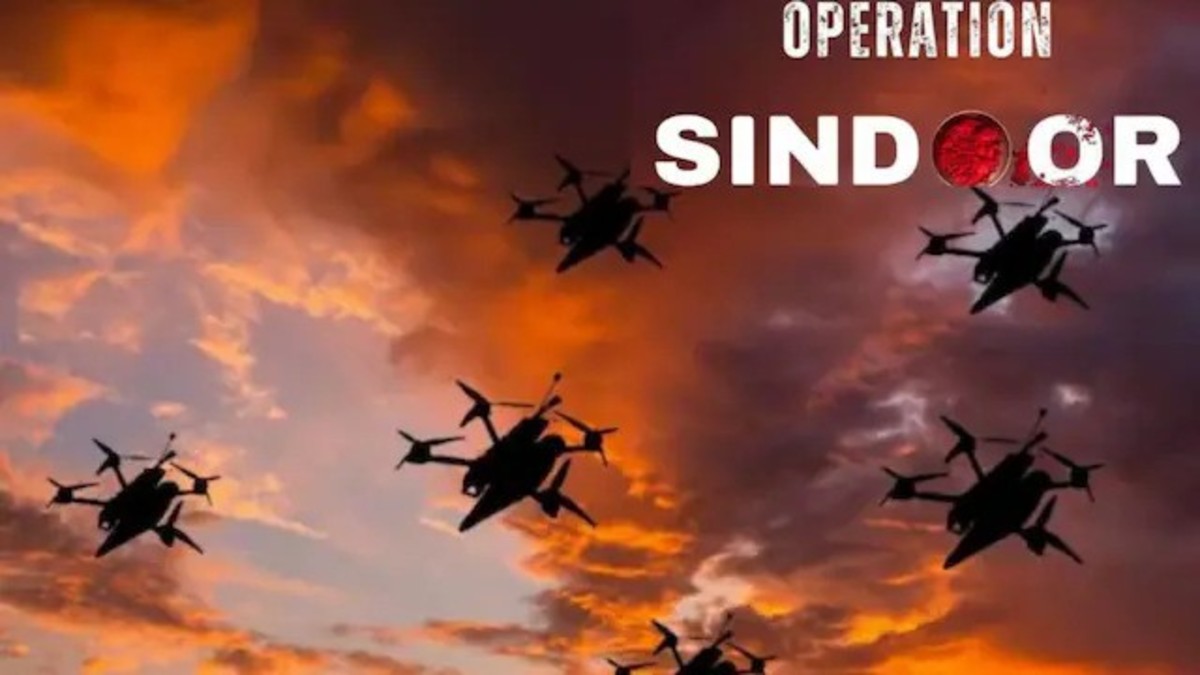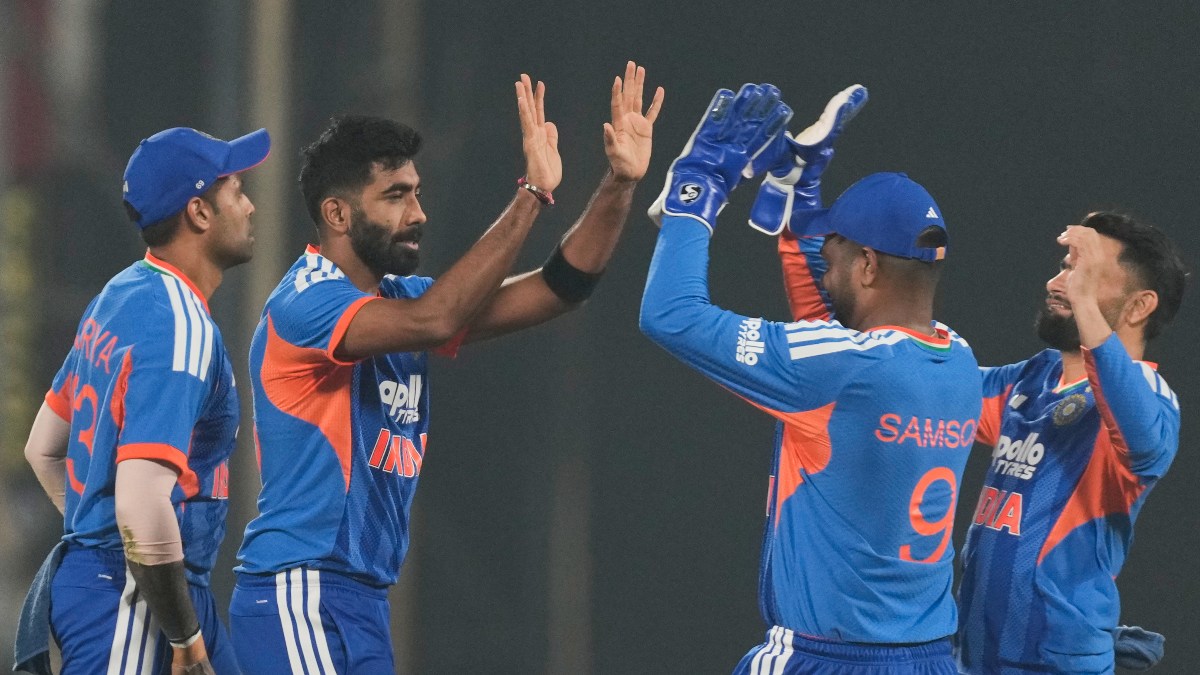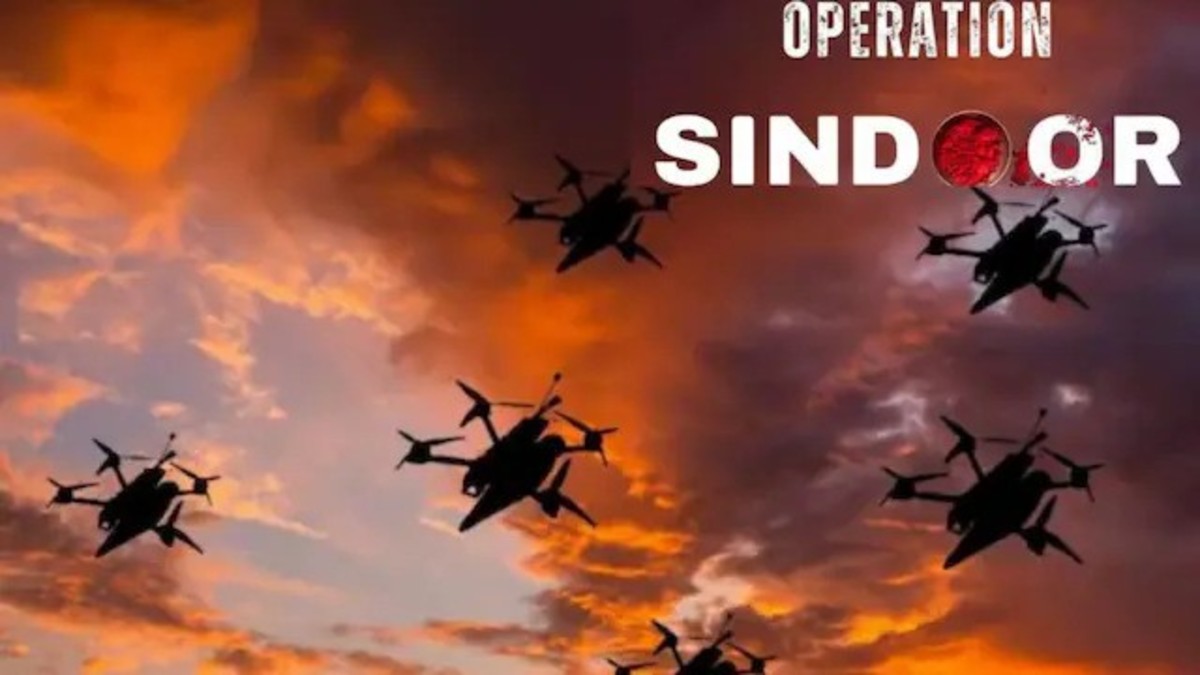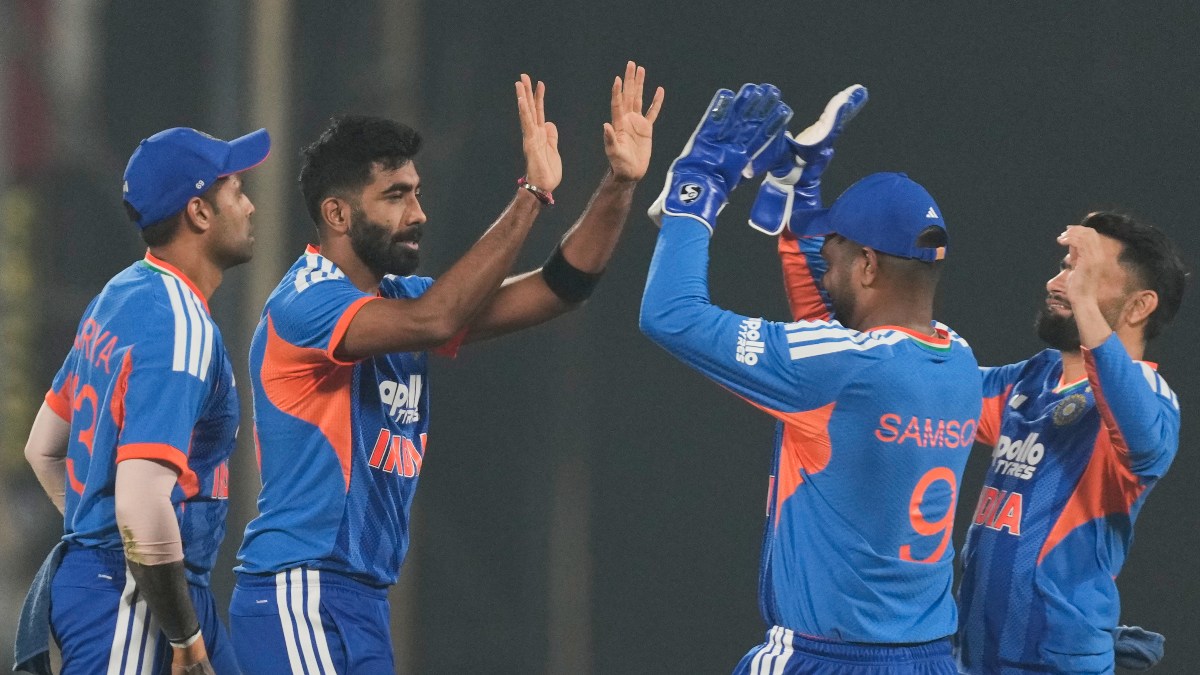On 7 January, the Indian government designated Asif Maqbool Dar of the Hizbul Mujahideen as a terrorist under the Unlawful Activities (Prevention) Act (UAPA), 1967.
Believed to be based in Saudi Arabia, 41-year-old Dar manages the Hizbul Mujahideen’s social media wing, with a bid to radicalise and recruit Kashmiri youth. The home ministry (MHA) described him as “one of the leading radical voices on social media and involved in nefariously influencing Kashmiri youth to take up arms against Indian Government and security forces”. While the Ministry of Home Affairs’ action is keeping in line with its objective of ending terrorism and bringing stability to Kashmir, Baramulla-born Dar represents the Hizbul Mujahideen’s attempt to provide a fresh lease of life to a terror group, which has lost much of its operational irrelevance in Kashmir.
A few years back, in 2016 to be precise, the Hizbul Mujahideen was the leading terror formation in the state (now Union Territory), consisting of mostly local Kashmiri recruits. This peddled a narrative of an ‘indigenous resistance’ led by the group against the Indian state. Individuals like Burhan Wani used social media to portray the image of a fearless militant to attract more cadres. The Hizbul Mujahideen’s headquarters in Muzaffarabad (in Pakistan) allowed this trend to persist, hoping that this new wave of expression of local anguish, led by young and energetic militants, would be able to achieve what groups like the LeT and the JeM haven’t been able to. That, however, is no longer the case. Having steadily lost senior cadres and modules managed by overground
workers (OGWs), the militant group today is a poor caricature of itself.
Going after the big fish
Neutralization of senior Hizbul Mujahideen cadres has been one of the key achievements for the security forces, which may have paralysed the group operationally. The biggest of such recent successes came on 6 May 2022. Chief operational commander of the outfit Muhammad Ashraf Khan alias
Molvi was killed along with two of his associates—Roshan Zameer Tantray and Rafiq Ahmad Drangay—in an encounter with a joint team of the army, police, and the CRPF personnel in Anantnag district. Active since 2015, 57-year-old Molvi was the oldest surviving militant of the group and had assumed Hizbul Mujahideen’s leadership after the killing of Saif-ul
Islam Mir alias Dr Saifullah on 1 November 2020 in Rangreth, in the outskirts of Srinagar.
Saifullah had taken over the reins of the Hizbul Mujahideen in Kashmir only in May, after his predecessor Riyaz Naikoo was killed by security forces. Molvi was chosen for his track record of receiving militant training in the PoK in 1999, which probably made him more amenable to theMuzaffarabad-based Hizbul Mujahideen higher command. Roshan Zameer Tantray, on the other hand, was active from 2018 and Rafiq Ahmad Drangay, from 2019.
Quick Reads
View AllOn 5 June 2022 Hizbul Mujahideen terrorist Talib Hussain, who had joined militancy in 2016, was arrested from Bangalore. Talib had fled Kashmir and was reportedly working as a labourer in Bangalore. A day earlier, on 4 June, Hizbul Mujahideen ‘commander’ N isar Khanday was killed in Anantnag district. Khanday had joined the group in October 2018. On 6 September, two Hizbul Mujahideen terrorists—Danish Bhat alias Kokab Duree and Basharat Nabi— were killed in south Kashmir’s Anantnag district. Both were involved in the killing of one Territorial Army (TA) personnel on 9 April 2021 and two civilians on 29 May 2021 in Jablipora.
A total of 172 terrorists were neutralised in 93 counter-terrorism operations in Kashmir in 2022. This included at least 15 Hizbul Mujahideen cadres, the lowest since 2015. The group has lost at least 200 cadres between 2016 and 2022. It underlines not just the capacity of security forces to inflict losses on the group, but also the waning potentiality of Hizbul Mujahideen to maintain a sizeable number of cadres to indulge in terror activities. The same trend has continued into 2023. On 22 January, Nasir Ahmed Sher Gojri alias Qasim Bhai, one of the longest surviving terroristsof the Hizbul Mujahideen was arrested in Shopian district. He has been active since 2017.
Operating through the modules
Modules managed by OGWs of the group have been instrumental in facilitating terror attacks. The OGWs perform a range of logistical functions including providing the terrorists with hideouts, arranging weapons and explosives for them, and even carrying out recce of the identified attack sites. Working in close coordination with their Pakistan-based handlers, they also have participated in recruitment activities. Not surprisingly, neutralizing such modules has remained a high priority for the security forces.
On 22 December 2022, a Hizbul Mujahideen terror module was busted in Kupwara district and five OGWs were arrested. Earlier in April, another Hizbul Mujahideen module had been busted in Kulgam and three members of the module had been arrested. All three were involved in providing logistical assistance to Hizbul Mujahideen terrorists who killed a Panch, Mohd Yaqoob Dar. Weapons used in the killing of the Panch, including one pistol, eight pistol rounds and two grenades were recovered from their possession.
On 14 March, another Hizbul Mujahideen terror module, involved in the killing of Sarpanch Shabir Ahmad Mir three days earlier was busted with the arrest of three OGWs. Police seized vehicles used during the killing, along with pistols and ammunition. In February, four OGWs had been arrested in Kishtwar district and two UBGL Grenades, 120 Live Rounds of AK 47, two empty magazines of AK 47 were recovered from them.
Back to Pakistan
Although the Hizbul Mujahideen fames itself as the largest indigenous terror group in Kashmir, the actual chain in command continues to be in Muzaffarabad. Without external assistance, the local terrorists are unlikely to pose serious challenges. The group’s Pakistan-based handlers are in charge of micromanaging specific terror incidents. Security force operations in Kashmir have
forced some of the Hizbul Mujahideen cadres to shift base to PoK and operate as handlers for the group, liaisoning with Kashmir-based OGWs. Included among them are Fayaz Geelani from Budgam and Farooq Ahmad Pir alias Nadeem Usmani. In June 2022, Usmani directed and oversaw the construction of two hideouts for incoming terrorists. Rs 6 lakh was transferred to three OGWs to procure arms and ammunition.
Frequent setbacks suffered by the outfit have further pushed the group to adopt the technique of operating through the Pakistan-based launching commanders. At least three such men are believed to be based there. Sheikh a.k.a. Shaukat Mochi hailing from
Baramulla district is the ‘chief launching commander’. He coordinates infiltration and recruitment using his network of allies in Kashmir. Bashir Ahmed Peer a.k.a. Imtiaz Alam is another launching commander in charge of infiltration into Kupwara. The other launching commander Irshad Ahmed a.k.a. Idris is coordinating the group’s training operations. All three of them have been
designated as ‘terrorists’ under the UAPA in October 2022.
The future
The prospect of the Hizbul Mujahideen reviving itself in Kashmir looks implausible at the moment, but not impossible. The dynamism of a conflict theatre accords such opportunities to terror groups from time to time to exploit underlying factors to their advantage. The Muzaffarabad-based HM leadership’s strategy, for the time being, is to work in tandem with other terror groups
like the LeT and JeM and gradually build up its lost strength. Use of social media by the Hizbul Mujahideen to gain ground in Kashmir could increase in the short to medium term. Saudi Arabia-based Asif Maqbool Dar’s designation as a terrorist, therefore, could have been an important first step in this regard.
The writer is the Director of Mantraya, a Goa-based research forum and the author of ‘National Security Decision-making in India’. He formerly served as a Deputy Director in the National Security Council Secretariat. He tweets @BibhuRoutray and can be contacted at bibhuroutray@gmail.com. Views expressed are personal.
Read all the Latest News, Trending News, Cricket News, Bollywood News,
India News and Entertainment News here. Follow us on
Facebook,
Twitter and
Instagram.


)

)
)
)
)
)
)
)
)



